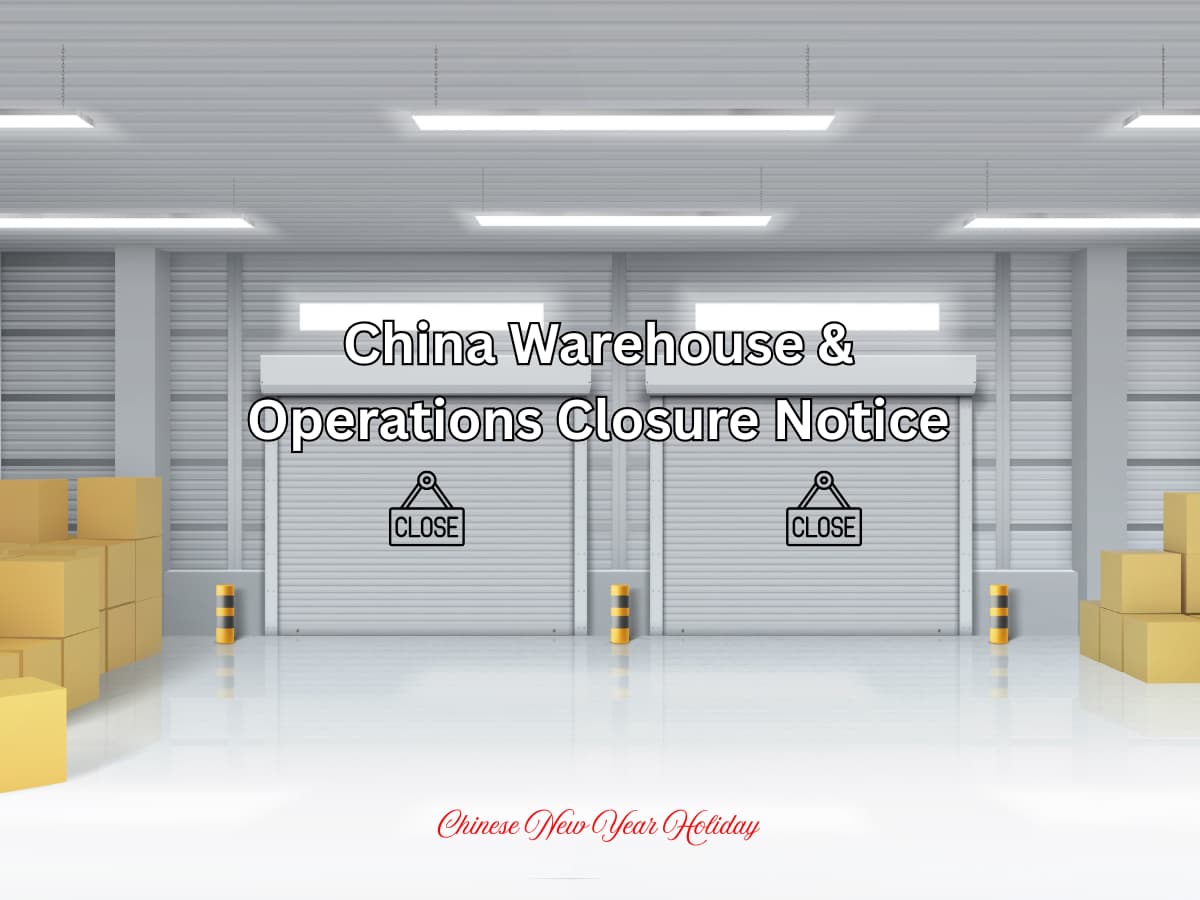Supply chain management occupies an essential position in the growth, effectiveness, and success story of different agencies embedded in various industries, ensuring easy flow of goods and services within and between sectors, thus enabling businesses to become flexible, agile, resilient, and competitive in the market.
As a result of the position of the supply chain industry, utmost efficiency and effectiveness are in great demand prompting industry experts to seek ways to optimise efficiency and ensure sustainability in the supply chain industry from even the stage of raw material sourcing to the consumption stage.
The utilisation of technology in supply chain management processes has gone a long way to revolutionise the supply chain processes, bringing values like automated processes, accurate time tracking, real-time data analysis, enhanced visibility, enhanced communication, better collaboration, quick payments, organised inventory management, faster order fulfilment, and proper planning through optimised decision-making process.
Going further, let’s take a look at major technological trends and innovations that have revolutionised the supply chain industry.
The Internet of Things (IoT)
This refers to the connectivity of devices embedded with sensors within software programs that enable them to access data and statistics, thereby allowing them to change such statistics.
Here, data is monitored, harnessed, and analysed without human involvement, thereby speeding up the process and eliminating human error. IoT enables real-time data tracking and real-time monitoring and tracking of goods, optimised inventory management, accurate forecasts, and enhanced visibility.
The Internet of Things is gaining so much ground in the supply chain industry that according to available research data, the number of companies adopting IoT devices has increased from 11% in 2013 to 28% in 2020 and is continuously growing.
Artificial Intelligence (AI) and Machine Learning (ML)
Artificial Intelligence (AI) and Machine Learning (ML) are transforming the supply chain management landscape through automated decision-making processes and predictive analysis, optimised demand forecasting, inventory management, route optimisation, and risk assessment and management.
AI and ML enable predictive analysis by identifying patterns through the analysis of historical data to identify patterns and trends, facilitating accurate prediction and forecasting issues like demand and potential supply chain risks and disruptions like natural disasters and geopolitical unrest, and coming up with contingency plans to deal with them.
Robotics and automation
The use of robots in supply chain management though not new has witnessed major growth. Robots were already in use in the different stages and aspects of the supply chain before now, especially those areas that have been deemed too dangerous for humans like manufacturing and product assembly and they function faster than humans.
However, with the advent of IoT and AI, robots are becoming more sophisticated than they used to be, thereby making room for real-time error detection, problem-solving, and adaptation, making manufacturing processes more efficient and responsive. The use of robots in hazardous roles not only improves safety but also helps companies save on labour costs.
Blockchain technologies
Blockchain technologies operate as an independent, digitised ledger to compile transactions and distribute them to other users within the network worldwide. It uses encryption for these transactions, ensuring heightened security and immediate information transmission, enabling speed and accuracy.
It is valued in supply chain management because it offers transparency, accountability, protection, and traceability since transactions are recorded and validated. In recent years, blockchain technologies have been utilised in supply chain management to trace the ownership of goods, ensuring speed, efficiency, and accuracy, thereby eliminating human errors.
5G network
The introduction of the 5G network has enhanced the performance of the Internet of Things as it enables massive internet speed, and this has led to a reduction in the amount of time spent performing certain functions not just in supply chain management but in every other industry.
5G networks use cloud technologies to drive wireless connections, distinguishing them from other networks. It is estimated that by 2024 there will be over 1 billion 5G subscribers globally.
Supply chain digital twins
This involves simulating the supply chain using real-time data to forecast supply chain dynamics. With this, analysts and management can understand the functionalities and behaviour of a supply chain, make predictions, and work out an action plan.
It is detailed and can be manipulated to determine how specific actions, changes, or occurrences would affect the supply chain management, thereby optimising decision-making. This software is flexible, scalable, and able to identify risks in advance and make changes.
Product lifecycle management (PLM) software
This software manages data and the process of each stage of production, servicing, and sales across the supply chain. The aim is to ensure the production of quality products.
It creates room for communication and transparency between all the involved parties like manufacturers, distributors, sellers, and consumers; this way, manufacturers can collaborate, control, and disseminate information and data while allowing for feedback from other parties involved, and this creates room for the manufacturing of better products and increase in productivity and revenue.
Integrating technology in supply chain management enhances efficiency and promotes safety, cost savings, a lean supply chain, and improved product quality. Partnering with a supply chain expert like SARA PROCUREMENT SERVICES LIMITED will enable you to leverage these technologies without investing in them.
Visit our physical office space at 3 Fatai Irawo Street, Ajao Estate, Airport Road, Lagos, Nigeria, or any of our warehouse touch point locations worldwide to learn more about us and utilise our services.
Our 247-email correspondence is hello@chinatolagos.com. Contact us today.
We are equally social, and you can find us @SaraProcure on your favourite channels: Twitter, Threads, Facebook, and Instagram.
.png)





Comments
Please log in to leave a comment.